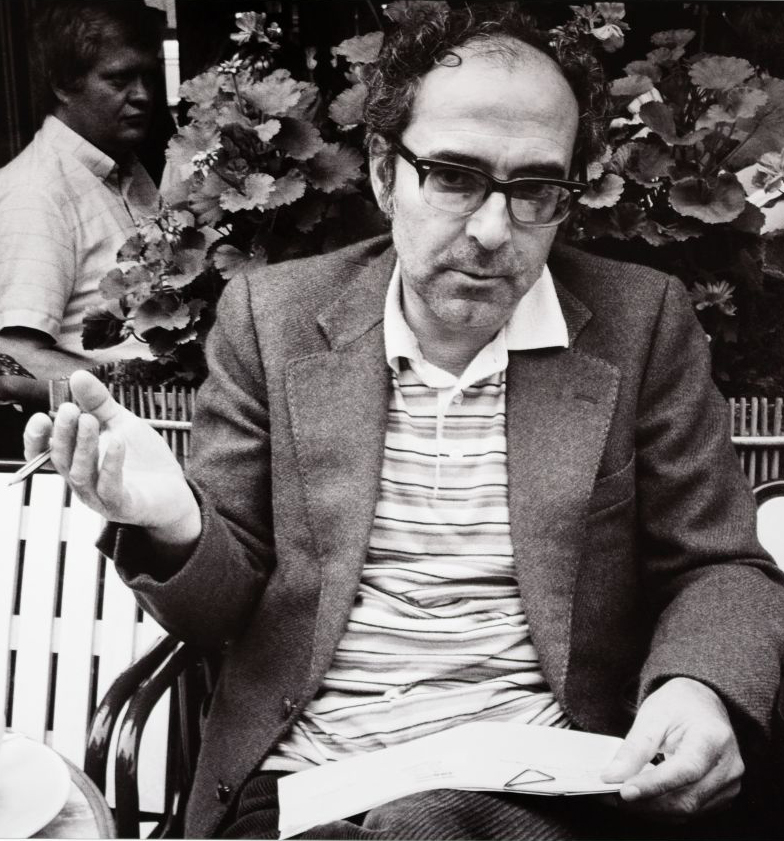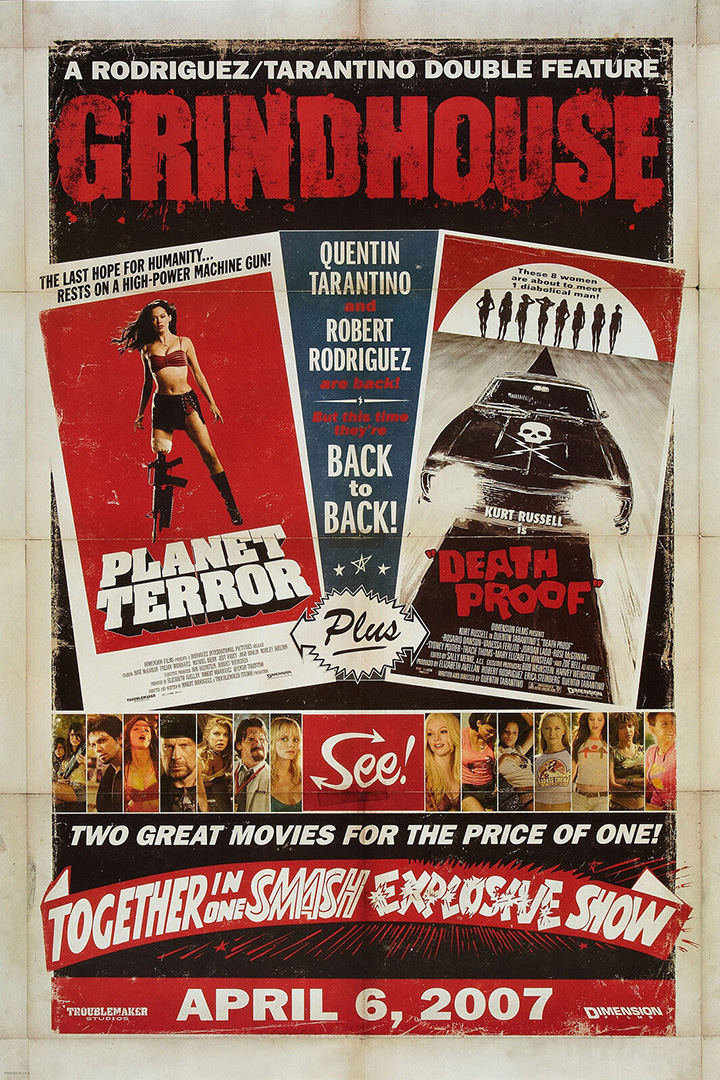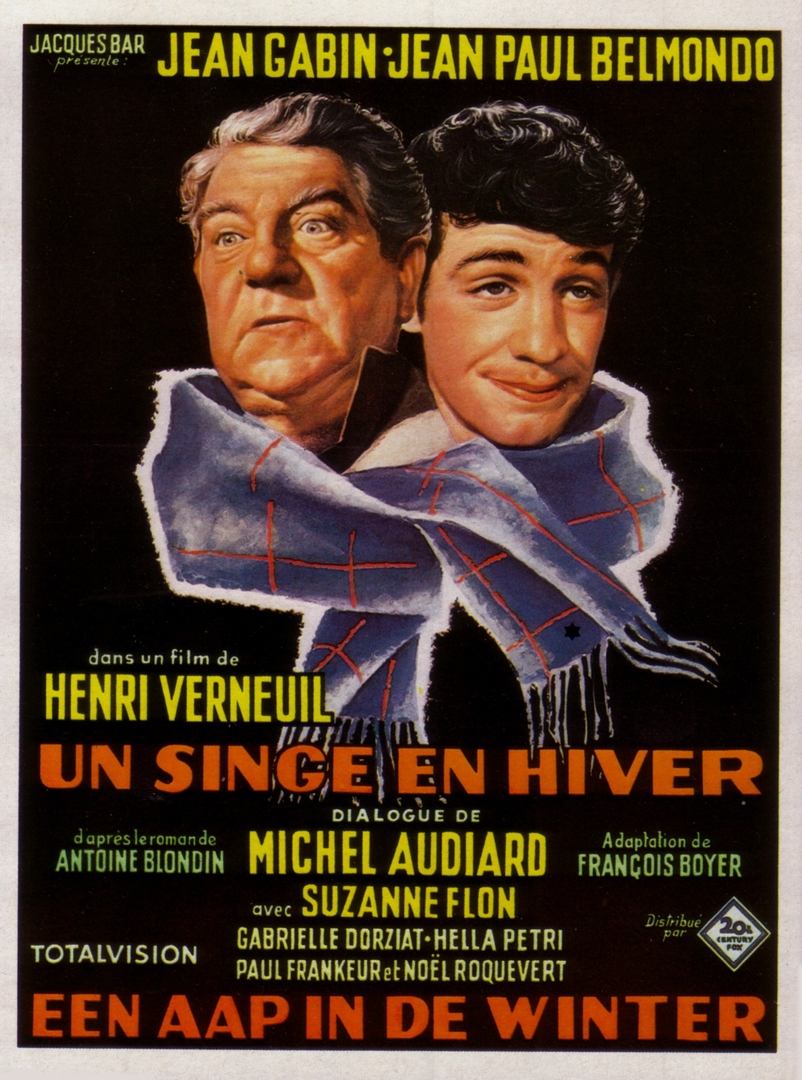Alphaville
In 1960, Jean-Luc Godard directed his first feature film and joined the nascent French New Wave, of which he would become the emblematic figure. In the following years, he shot nearly two films a year, drawing on his rich cinephilia to revolutionize cinema in his own way. Even the works that would later become his most famous and acclaimed were then received as a small earthquake, disconcerting more than one critic. From 1960 to 1965, from Breathless to Pierrot le fou, this first period will be called "the Karina years" but it is not a homogeneous whole; in fact, it already shows what will always characterize Godard: constantly reinventing himself, with as much playfullness as intelligence, refusing to freeze the cinema in any way whatsoever.
In an undetermined future, secret agent Lemmy Caution is sent to Alphaville, a totalitarian society located a few light years from Earth. He pretends to be a journalist in order to approach the super-computer a-60 that rules the city and its designer, Professor Von Braun. The latter's daughter, Natacha, serves as a guide to Lemmy Caution, who seeks to introduce her to the concepts of emotions, love and poetry, forbidden in Alphaville.

Jean-Luc Godard
Born in Paris in 1930, Jean-Luc Godard grew up on the shores of Lake Geneva, and his first passion was painting. After the Second World War, which he spent in Switzerland, his family sent him to study in Paris, but Godard mainly attended film clubs and the Cinémathèque française. At the beginning of the 1950s, he attended the Ciné-club du Quartier Latin (Cinema club of the Latin Quarter) where he met Maurice Schérer (soon to be Eric Rohmer), François Truffaut, Claude Chabrol and Jacques Rivette, among others, with whom he took his first steps as a critic and embarked on the adventure of the Cahiers du cinéma. After directing a few short films, he moved on to feature films in the wake of François Truffaut by directing A bout de souffle in 1960, which contributed to the launch of the French New Wave. He will not stop shooting until the 2010s, constituting over the decades an exploratory work that has always pushed the boundaries of cinema.
Photo: ©Bertrand Carrière | Collections de la Cinémathèque québécoise






